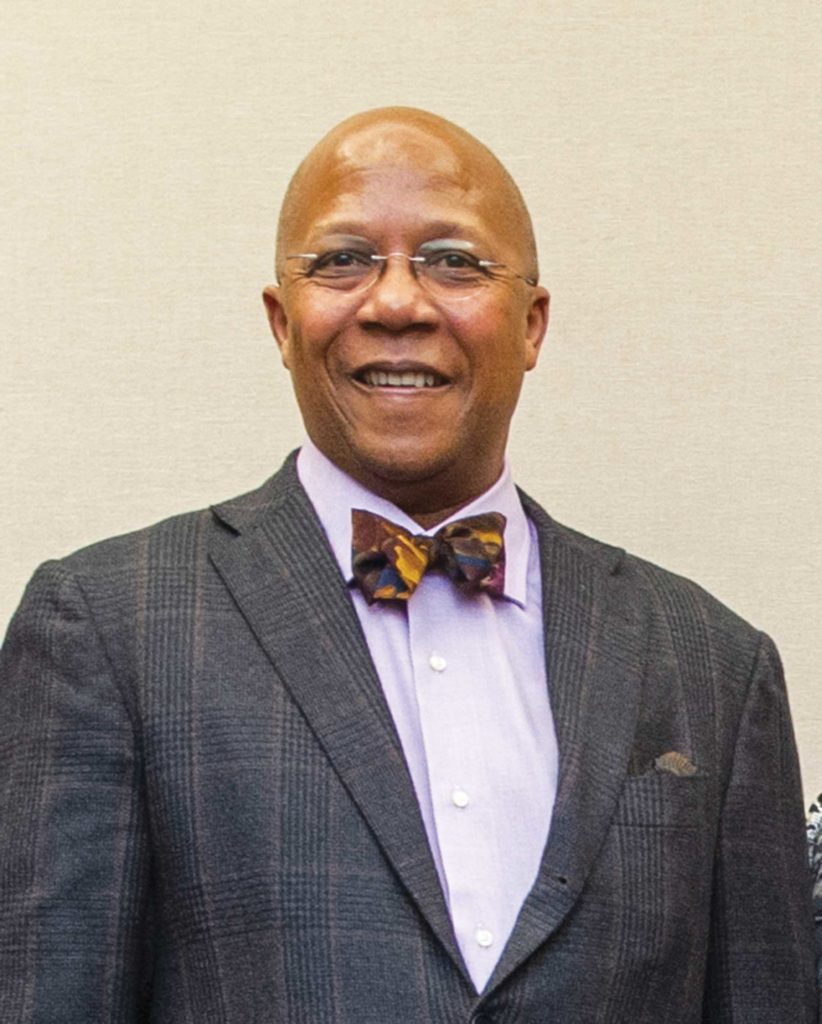
Many Americans with African roots relish the opportunity to assist in the economic development of Sub-Saharan Africa. However, most are discouraged from doing so because of the expense and the extensive knowledge necessary to be effective. Despite those impediments, Charles R. Stith has decided to establish an enterprise to finance the mining of minerals in Tanzania. He has obtained initial financing for his company, the Pula Group, for which he serves as chairman.
As former U.S. Ambassador to Tanzania under President Bill Clinton, Stith was able to learn about that country’s economy as well as the customs and social structure of the citizens. The cordial relations Stith established enabled him to negotiate development rights that were also beneficial to the people. Tanzanians have a 50% equity interest in Pula Group’s graphite and gold mining.
According to Pula Group data, this agreement is historic. Currently, only 4% of companies doing mineral exploration in Tanzania have any Tanzanian equity interest. In addition, the Pula Group exploration is for minerals necessary for fuel cells and e-vehicle batteries. This qualified Pula Group for investment from companies limited to high tech ventures.
One such company is the Brown Venture Group of Minneapolis, which also restricts its investments primarily to Black and Latino companies. The BVG investment enables Pula Group to become operative with offices in Dar es Salaam and Johannesburg. The president of Pula Group is Mary Mildred Stith, Ph.D., who is an expert on natural resource management and is fluent in Kiswahili, the national language of Tanzania.
Those who learn of the investment for the Pula Group should be pleased, but be assured that is not an instant success. Stith has been working for many years to encourage Black economic development. Born in St. Louis, he came to Boston when he was in his 20s to get a master’s degree from the Harvard Divinity School.
Although he became a talented Christian minister, Stith recognized early on that economic development was an important aspect of civil rights. In 1987, he formed the Organization for the New Equality, which had the goal-focusing acronym “ONE.”
It wasn’t long, however, before President Clinton recognized Stith’s talents and recruited him to serve as a member of the delegation to monitor South Africa’s first democratic election. Shortly after that, Clinton appointed Stith as the nation’s ambassador to Tanzania in September 1998.
But even that job was not easy. The U.S embassy in Dar es Salaam had been bombed by jihadists on Aug. 7, 1998, and 22 Americans and Tanzanians were killed. Stith had the task of improving U.S. relations in a region that was being pursued by terrorists to develop political adherents.
After Clinton’s term in office was over in 2001, Stith returned to Boston, where he established the African Presidential Center at Boston University. His goal was to motivate the acceptance of democracy by presidents of African nations, rather than have them hold on to power forever in order to avoid having to return to the bush.
The scope of the APC was greater than a university could finance, so when the federal government decided not to support the APC, its scope had to be diminished. With the development of the Pula Group, Stith now plans to pursue the economic aspect of what he had envisioned for the APC.
“The achievement of the Pula Group will be limited only by the availability of capital,” Stith says.






